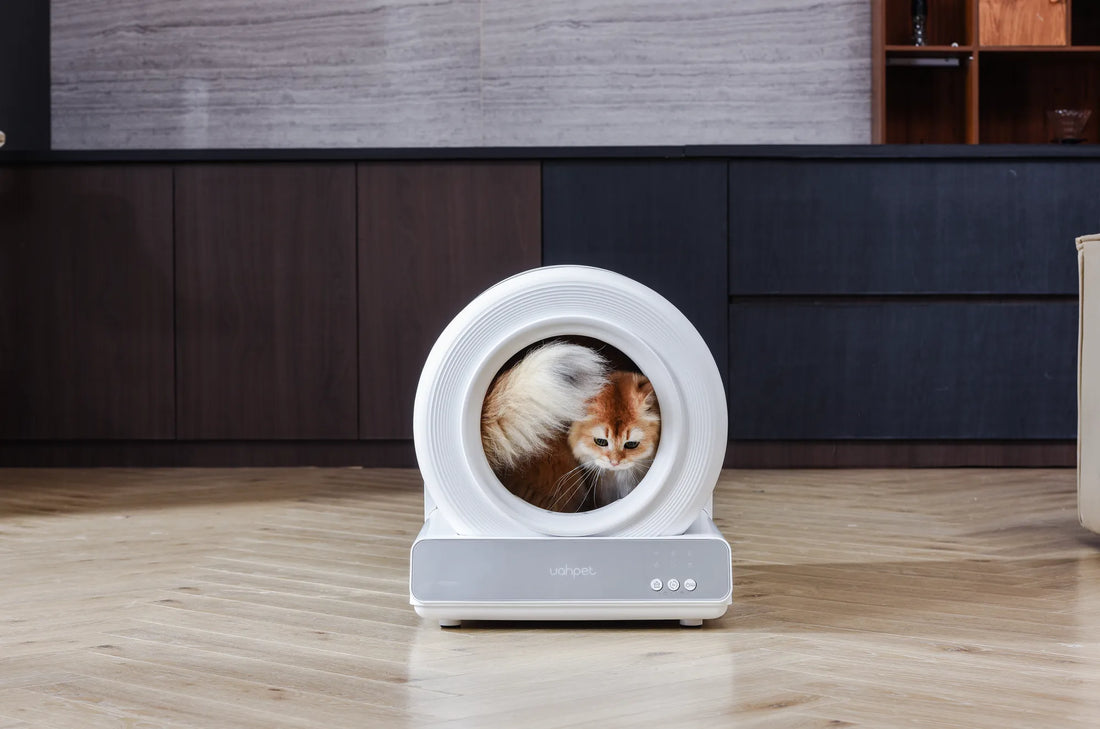Dealing with a smelly cat litter box is a common challenge for pet owners. However, with the right approach, you can keep odors at bay and maintain a fresh environment for both you and your feline friend. This guide will walk you through effective methods to ensure your cat litter box doesn’t smell.
Choose the Right Litter
Selecting the appropriate litter is the first step in controlling odors. Opt for clumping litter, as it makes it easier to remove waste and keeps the box cleaner for longer. Additionally, consider litters with odor-neutralizing properties, such as those containing activated charcoal or baking soda.
Regular Cleaning is Key
Consistent cleaning is essential to prevent unpleasant smells. Scoop the litter box at least once a day to remove waste promptly. For a deeper clean, replace the litter entirely and wash the box with mild soap and water on a weekly basis. Avoid using harsh chemicals, as they can deter your cat from using the box.
Proper Placement Matters
Where you place the litter box can significantly impact odor control. Ensure it’s in a well-ventilated area to allow odors to dissipate. Avoid placing it in confined spaces or near heat sources, as this can intensify smells. A bathroom or laundry room with good airflow is often an ideal location.
Use a Litter Box with a Lid
A covered litter box can help contain odors, but it’s important to ensure it’s still accessible and comfortable for your cat. Look for models with built-in filters or vents to enhance airflow and reduce smells. However, be mindful that some cats may prefer open boxes, so observe your pet’s preferences.
Incorporate Odor Absorbers
Adding natural odor absorbers near the litter box can make a big difference. Baking soda is a popular choice—sprinkle a thin layer at the bottom of the box before adding litter. You can also place odor-absorbing products like activated charcoal or silica gel in the vicinity to neutralize smells.
Maintain a Clean Surrounding Area
Odors can linger in the area around the litter box, so keep the surrounding space clean. Vacuum or sweep regularly to remove stray litter and dust. Wipe down nearby surfaces with a pet-safe cleaner to eliminate any residual odors.
Monitor Your Cat’s Diet
Your cat’s diet can influence the smell of their waste. High-quality food with balanced nutrients can reduce the intensity of odors. Ensure your cat stays hydrated, as this can also help minimize strong smells in their litter box.
Consider Multiple Litter Boxes
If you have more than one cat, providing multiple litter boxes can help distribute waste and reduce odor buildup. The general rule is to have one box per cat, plus an extra one. This ensures each cat has a clean space to use, preventing overcrowding and smells.
Replace the Litter Box Regularly
Over time, plastic litter boxes can absorb odors, even with regular cleaning. Consider replacing the box every six months to a year to maintain freshness. Alternatively, opt for boxes made from materials that are less prone to odor absorption.
Stay Consistent with Maintenance
Consistency is crucial in keeping your cat litter box odor-free. Establish a routine that includes daily scooping, weekly cleaning, and periodic litter replacement. By staying on top of maintenance, you can ensure a pleasant environment for both you and your cat.
By following these tips, you can effectively eliminate litter box odors and create a comfortable space for your pet. A little effort goes a long way in maintaining a fresh-smelling home, so start implementing these strategies today!













